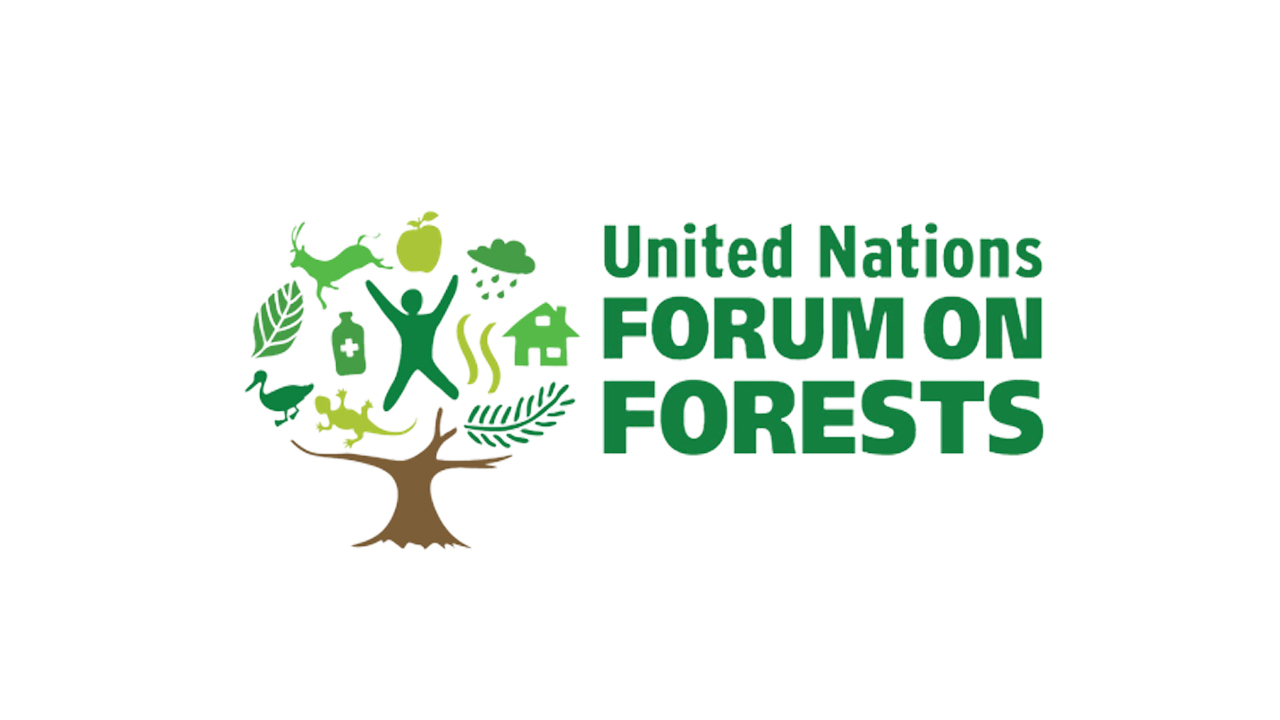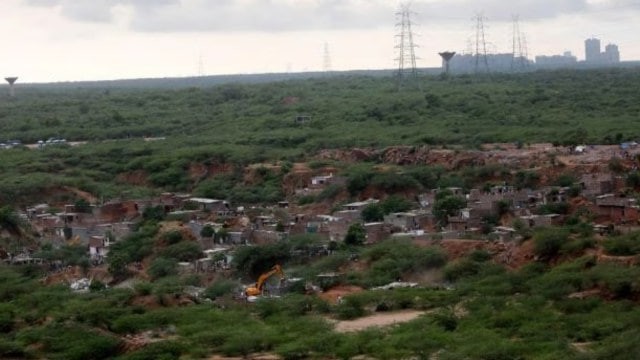





Disclaimer: Copyright infringement is not intended.
Context:
Details:
Outcome:
|
The United Nations Forum on Forests The United Nations Forum on Forests is a high-level intergovernmental policy forum. The forum includes all United Nations member states and permanent observers, the UNFF Secretariat, the Collaborative Partnership on Forests, Regional Organizations and Processes, and Major Groups. Founded: 18 October 2000 Headquarters: New York, USA Parent organization: United Nations Economic and Social Council Principal functions ●To facilitate the implementation of forest-related agreements and foster a common understanding of sustainable forest management; ●To provide for continued policy development and dialogue among Governments, and international organizations, including major groups, as identified in Agenda 21 as well as to address forest issues and emerging areas of concern in a holistic, comprehensive, and integrated manner, ●To enhance cooperation as well as policy and program coordination on forest-related issues ●To foster international cooperation and ●To monitor, assess, and report on the progress of the above functions and objectives ●To strengthen political commitment to the management, conservation, and sustainable development of all types of forests. |
Source:
https://pib.gov.in/PressReleasePage.aspx?PRID=2020347
|
PRACTICE QUESTION Q. Consider the following statements regarding the United Nations Forum on Forests (UNFF): 1) It operates under the United Nations Economic and Social Council (ECOSOC) and reports to the United Nations General Assembly (UNGA). 2) The UNFF Secretariat is based in New York City, USA, and oversees the implementation of international agreements related to forestry. 3) UNFF sessions are held annually, providing a platform for member states, international organizations, and stakeholders to discuss forest-related issues and share best practices. 4) The UNFF is responsible for coordinating the implementation of the Non-Legally Binding Instrument on All Types of Forests (NLBI), adopted in 2007 to enhance sustainable forest management worldwide. How many of the above statements is/are correct? A.Only one B.Only two C.Only Three D.All four Answer: B) Explanation: Statement 1 is correct: The United Nations Forum on Forests (UNFF) was established by the United Nations Economic and Social Council (ECOSOC) in 2000. It operates as a subsidiary body of ECOSOC, which means it falls under the jurisdiction of ECOSOC and reports to the United Nations General Assembly (UNGA) on its activities and progress. The UNFF serves as the primary global intergovernmental forum for discussing and addressing forest-related issues, policies, and initiatives. Statement 2 is incorrect: The UNFF is headquartered in Geneva, Switzerland. The Secretariat is responsible for providing administrative support to the UNFF and facilitating the implementation of decisions taken by the Forum. While the UN headquarters is located in New York City, the Secretariat of specific UN bodies may be located in different cities around the world. Statement 3t is incorrect: UNFF sessions are held biennially, not annually. These sessions bring together member states, international organizations, stakeholders, and representatives from civil society to discuss various aspects of forest management, conservation, and sustainable development. During these sessions, participants exchange experiences, share best practices, and negotiate agreements aimed at promoting the sustainable management of forests worldwide. Statement 4 is correct: The UNFF plays a crucial role in coordinating the implementation of the Non-Legally Binding Instrument on All Types of Forests (NLBI). This instrument was adopted by the UN General Assembly in 2007 with the aim of promoting the sustainable management of all types of forests and enhancing international cooperation in this regard. The UNFF works with member states, international organizations, and other stakeholders to facilitate the implementation of the NLBI and monitor progress towards its objectives. |







© 2025 iasgyan. All right reserved